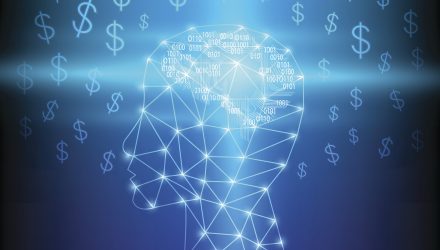They could only do this because there was mutual trust in the local economies and within communities. Everyone knew who had exchanged what and who was trustworthy.
In other words, reputation mattered, and turns out to be crucial in credit scoring of any kind. It is already possible to obtain relevant information from data that people have generated online. Examples are social media posts, browser behaviour, phone calls or online payment histories.
This enables people to build reputations in regional or global communities. This data use may seem a touch obtrusive. However, for people in emerging markets or developing countries who do not have access to traditional banking, this may be the only way to build a reputation and a credit history.
AI as weapon in the fight for survival
Since the global economic crisis in 2008 and regulations from Basel to Sarbanes-Oxley, cost pressures have been accumulating on banks. It has also created enormous potential for disruption. Now the question is whether the worm will turn, or if fintechs will become market leaders.
Today, fintechs and banks are predominantly complementary. It remains to be seen how quickly the big players will realise the opportunities of digitalisation — that is, not simply replacing analogue processes with digital, but discovering completely new potential in datasets and AI.
The biggest challenge is probably cultural. AI needs an approach of ‘fail fast, fail quick’, but banks still find it hard to accept failure. With RPA and AI, the financial world now has a way to give employees the freedom to start this cultural change. Go on, dare to take that first step.
